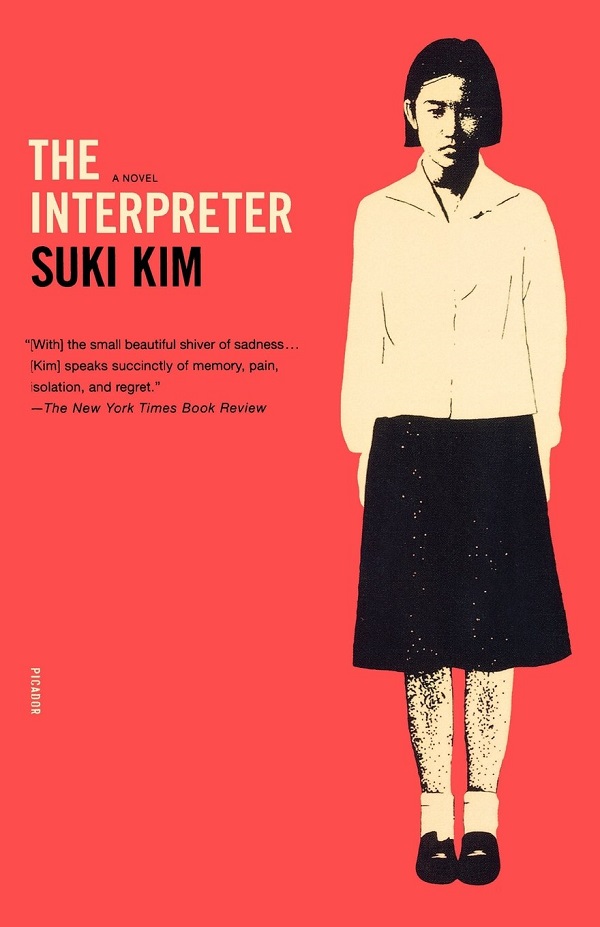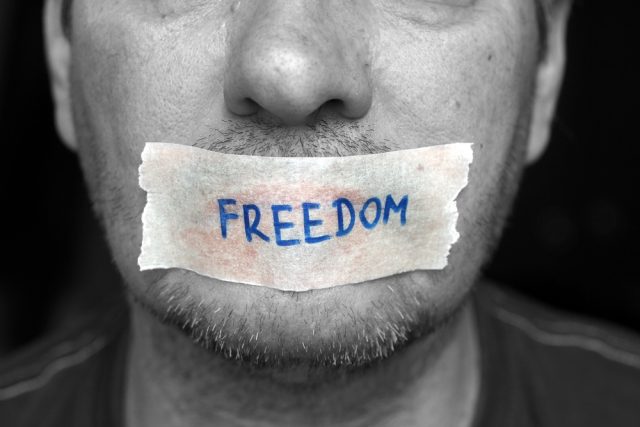It’s thrilling to hear that South Korea is becoming a more prominent player on the global literary scene. As a fan of Japanese literature, this expanded acceptance of an Eastern written culture quite different from the West’s standards is heartening in today’s climate. Spotlighted at last year’s London Book Fair, what is even more inspiring is that it is the female writers from South Korea whose work is reaching the most Western readers.
As Lilit Marcus writes, the word ‘dark’ “gets thrown around a lot when describing books that have anything other than a happily ever after ending”. That darkness is never more present than in modern Korean writing (just like modern Japanese works: anyone else read Ryū Murakami’s In the Miso Soup?). These are unsettling subject matters (e.g. “teenage girl has sex with her father to make him feel better after mom goes to prison for hacking up a teenage boy”) and not for the easily nauseated. The film industry in both countries equally evidences such darkness.
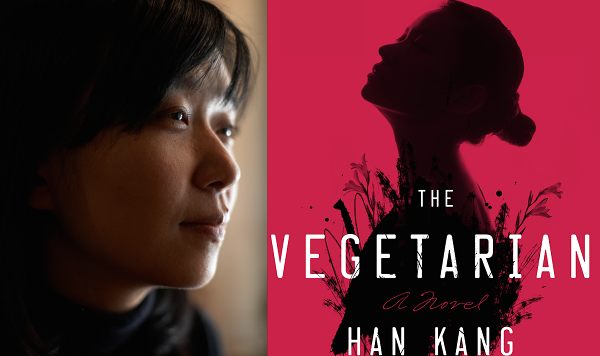
Source: Barnes & Noble
Deborah Smith, translator of Han Kang’s The Vegetarian (see below) – for which both Smith and Han won the 2016 Man Booker International Prize – states:
“Western audiences love strong, memorable, active main characters, whereas Korean literature has tended to find an aesthetic value, and a social truthfulness, in quietness, ordinariness, [and] passivity.”
A 28-year old London-based translator of Korean literature (who only began learning Korean at the age of 21) and founder of the Tilted Axis Press (which seeks to “shake up contemporary international literature”), Smith also explained that Korean writers are “not coming from the tradition of the Romantic hero”. Whereas Western literature has a firm foundation of individualism in its focus, that is not so in the East.
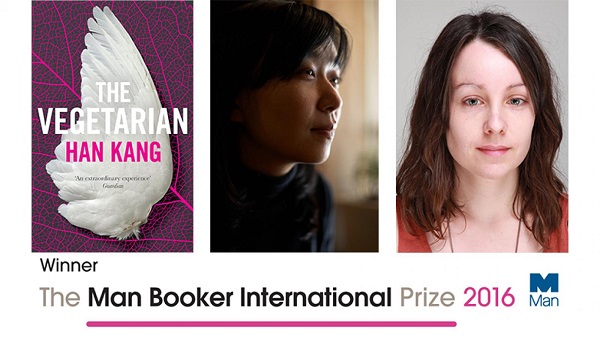
Source: The Man Booker Prize
Here are five titles to begin your journey into modern Korean literature. Be warned: they’ll stay with you a long time afterward.
1. The Vegetarian by Han Kang
Daughter of novelist Han Seung-won and sister to writer Han Dong Rim, Han wrote The Vegetarian by hand, as overuse of a computer keyboard had damaged her wrist. The Vegetarian is actually a single volume made up of three connected novellas. A young woman announces to her family that she has become a vegetarian (after nightmares filled with blood and brutality): her marriage falls apart, she is rejected by her parents, and could potentially be sectioned. Looked after by her sister, this book explores “rebellion and taboo, violence and eroticism, and the twisting metamorphosis of a soul”, as both Yeong-hye’s mind and body are physically scrutinized. Unsettling, but perfect for fans of Kafka.
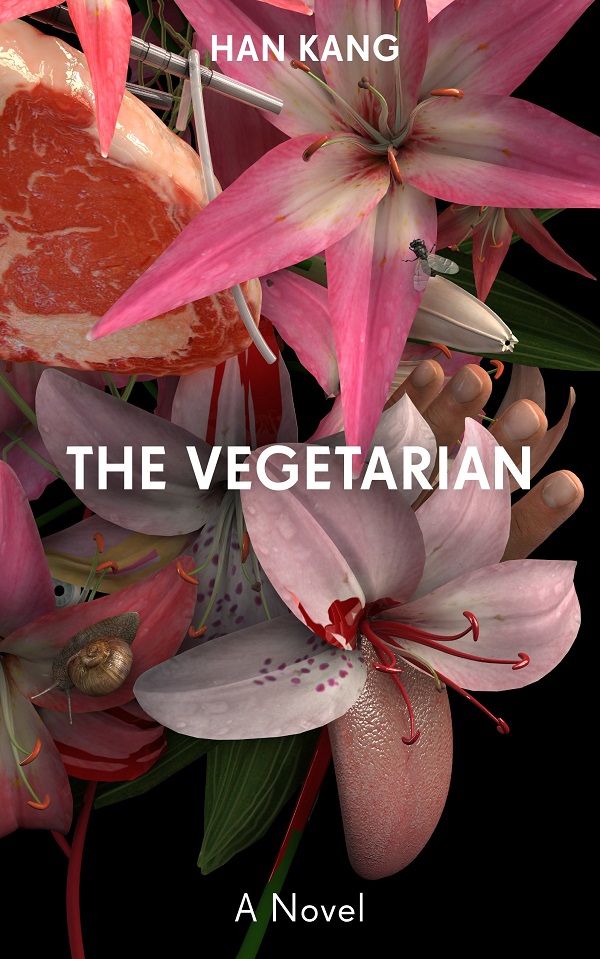
Source: Amazon
2. The Interpreter by Suki Kim
Concerning the Korean immigrant experience in America, Kim is actually the only writer ever to have lived under cover in North Korea for immersive journalism. Without You, There Is No Us: Undercover Among The Sons Of North Korea’s Elite detailed the author’s experience teaching English to the male offspring of North Korea’s 1%. Here, however, Kim has touched upon her own immigrant experience, having gone to New York with her family at 13 years old. A writer who likes to probe beneath the surface, she even took a short term stint as an interpreter to research specifics for her main character, Suzy Park. Five years after the murder of the protagonist’s parents, Suzy discovers chilling information regarding their homicide, which drags her into the Korean immigrant underbelly of the city. As Lilit Marcus warns, Kim “doesn’t take easy paths”; there is no nostalgia or hardscrabble here, as is the norm in most first-generation tales.
3. Drifting House by Krys Lee
Another book on the Korean immigrant experience in America, this is a collection of short stories which span from the post-war era to the present day. Lee’s debut 2012 collection (her debut novel, How I Became A North Korean was recently published in August 2016) explores the trauma which is inherited from a collective past, that lends to the sorrow of contemporary times. The sacrifices made by starving children trying to escape North Korea; the existence of those surviving in cramped apartments and the isolated existence as unmoored immigrants in Koreatown; a woman trying to find her kidnapped daughter, falsely marrying to do so – fans of Chang-rae Lee and Jhumpa Lahiri will be hooked with these difficult yet honest tales. Drifting House is all the more exemplary given Lee’s modern stamp on the short story, a highly esteemed form of writing in Korea. Again, this is a writer whose work is inspired by experience.
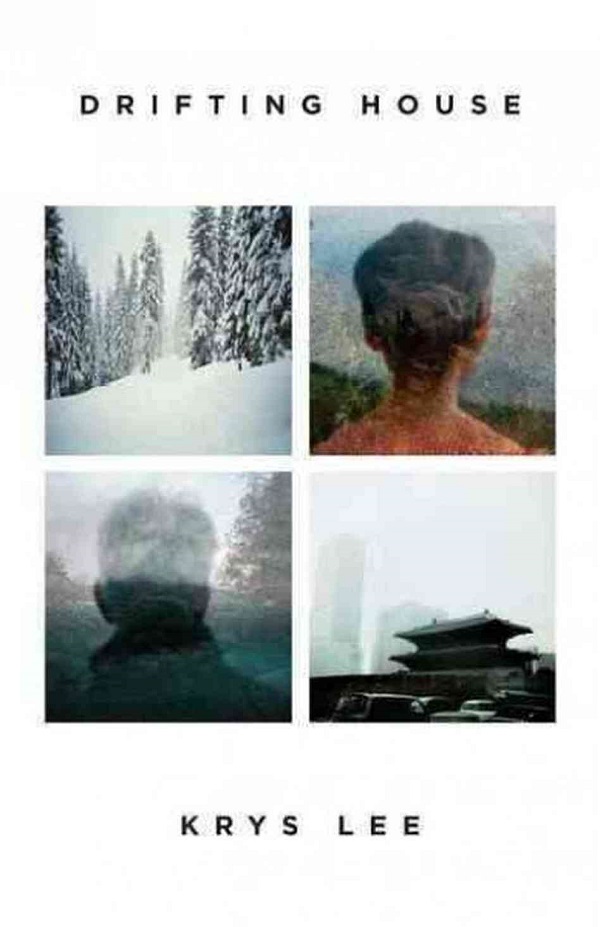
Source: Amazon
4. Please Look After Mom by Kyung-sook Shin
Winner of the 2012 Man Asian Literary Prize (the first time a female author had done so), Shin’s novel concerns a family’s desperate search through Seoul for their 69-year old matriarch, that endeavor becoming a journey which highlights just how little they actually knew about her. An “authentic picture of contemporary life in Korea” that deals with the concept of ‘han’ (“a feeling of sorrow and oppression” or “profound, prolonged sadness”), Please Look After Mom sold 10 million copies in Korea alone. Shin had wanted to write the novel for 30 years before attempting to do so. Speaking to CNN, she said:
“It took me so long to write […] because my concept of ‘mother’ changed so much over all those years. I had to think long and hard about my own mother in that time and I found that thinking about your own mother is really thinking about yourself.”
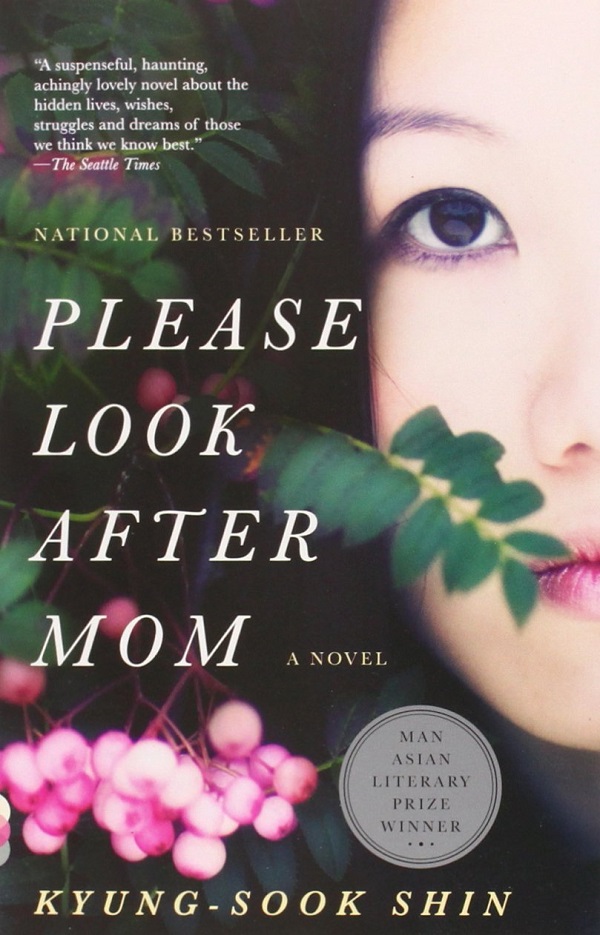
Source: Amazon
5. Fox Girl by Nora Okja Keller
Both this and Okja Keller’s other novel, Comfort Woman, explore the culture of “comfort women” (those forced into the sex trade in WWII). In Fox Girl, the women are “regularly degraded and humiliated”, one of them becoming known for her readiness to do “the things nobody else would do”. These are young people, Hyun Jin and Sookie still teenagers, and the whole way through you will feel uncomfortable reading this. But that’s why it need must be read. Bear in mind that comfort women were only acknowledged as having even existed in the 1990’s – by both Korea and Japan. As Tilted Axis Press’ Deborah Smith explained:
“Korean society is changing all the time, becoming more globalized. The role of women is a particularly interesting one, I think – the way a Western reader might read a Korean book and think they have it lucky, but also get to wondering whether we’re really as free as we might like to think, or at least whether we’re using those freedoms as much as we might.”
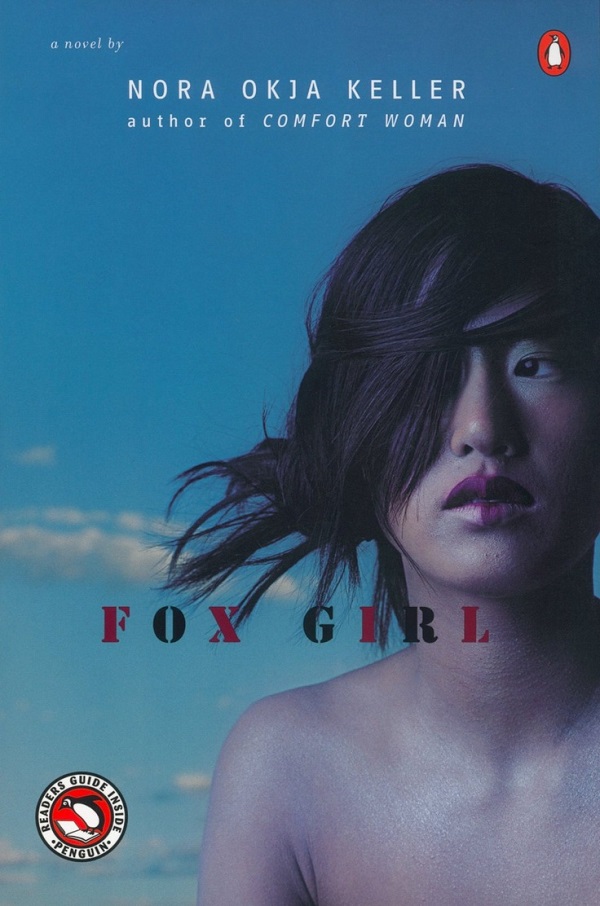
Source: Amazon
Are there any other works of modern Korean literature you feel everyone should be reading right now?
YouTube Channel: Arirang Culture
Featured image via Music and Literature
h/t Vanity Fair
